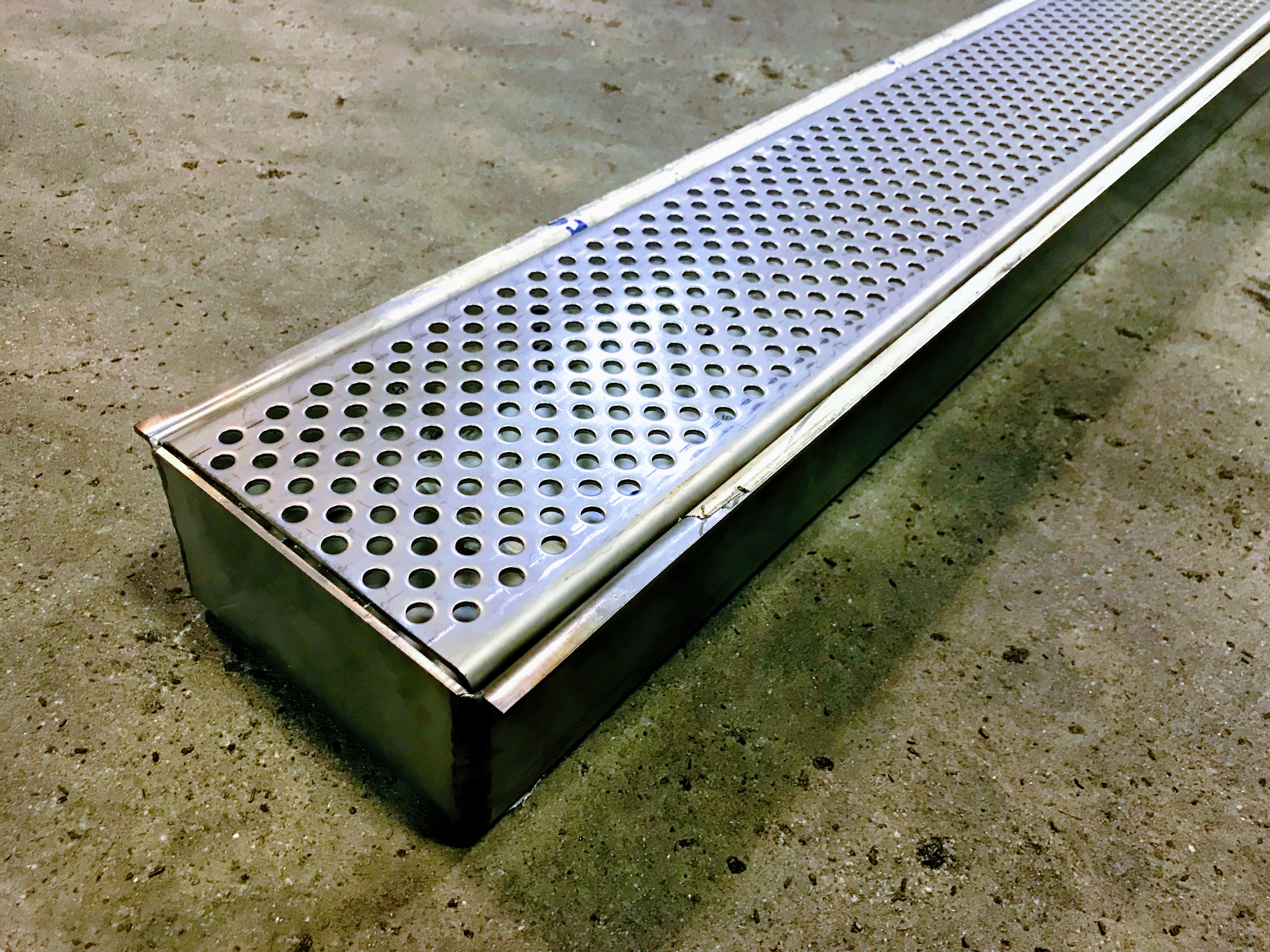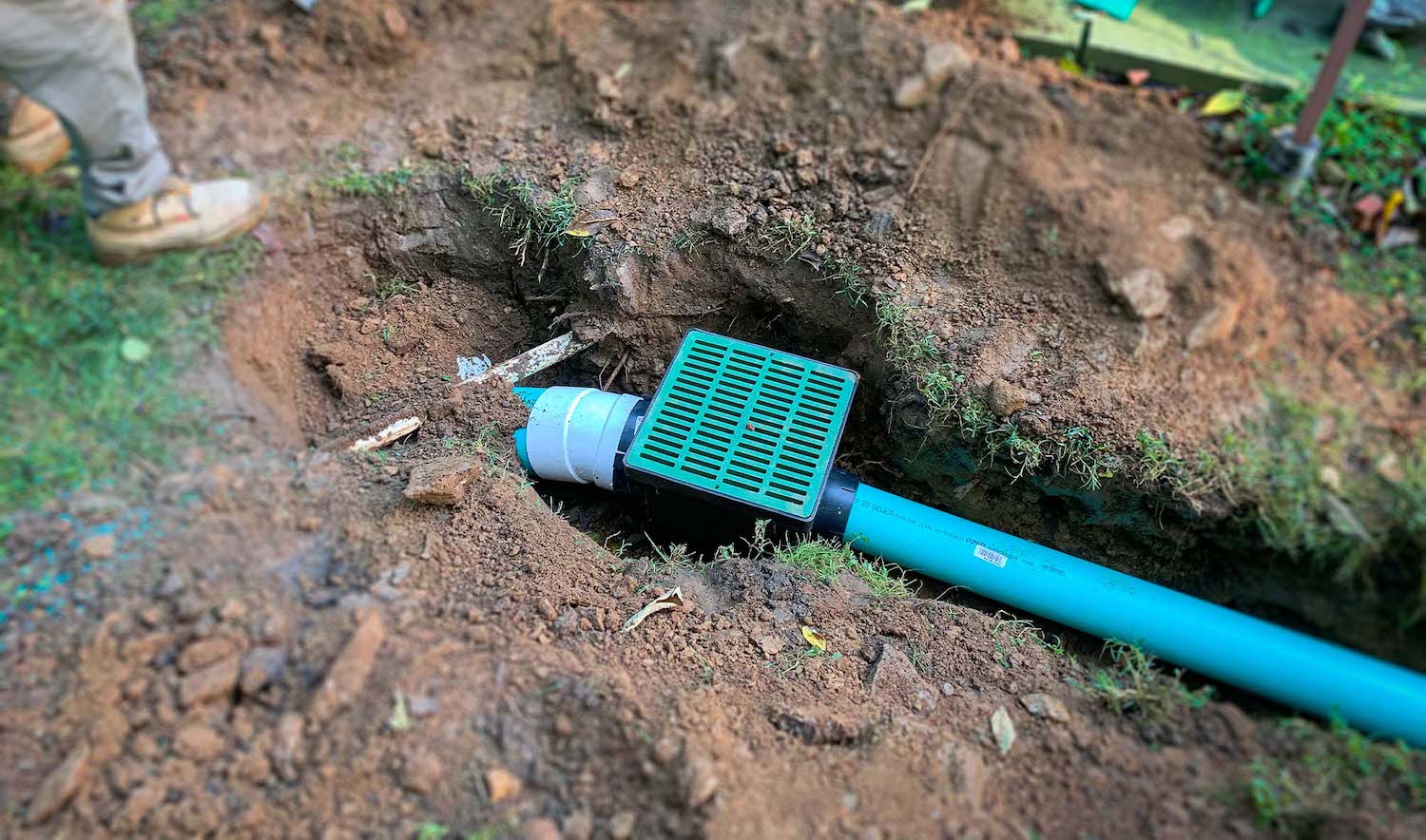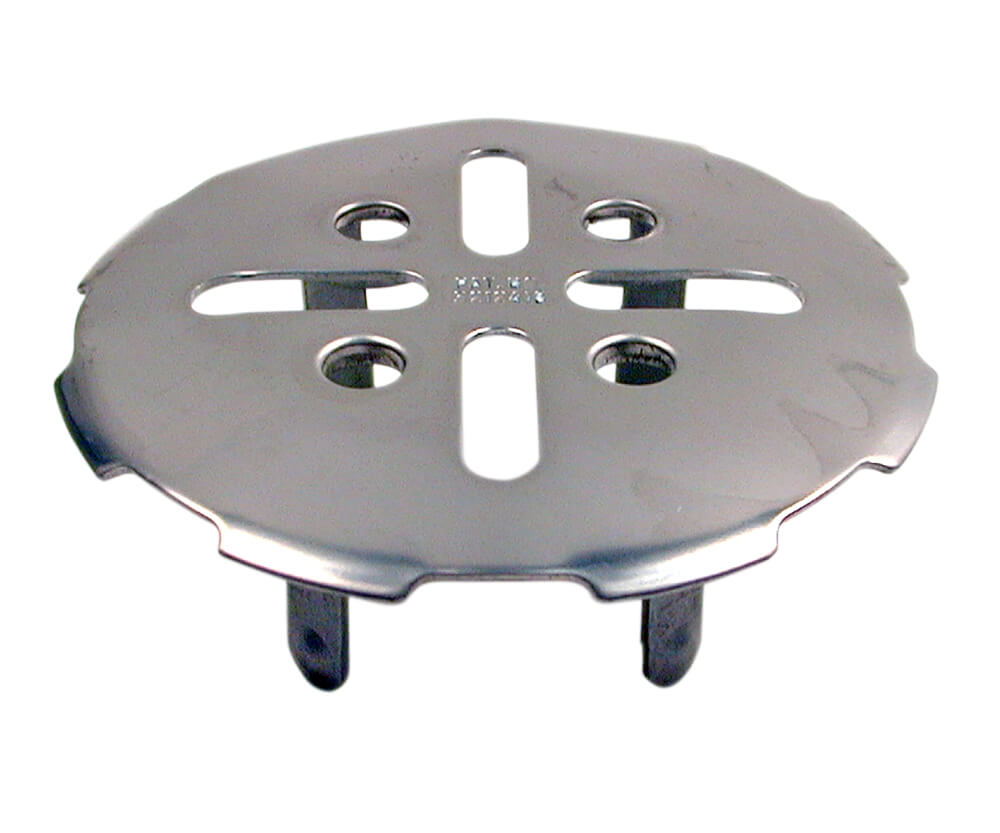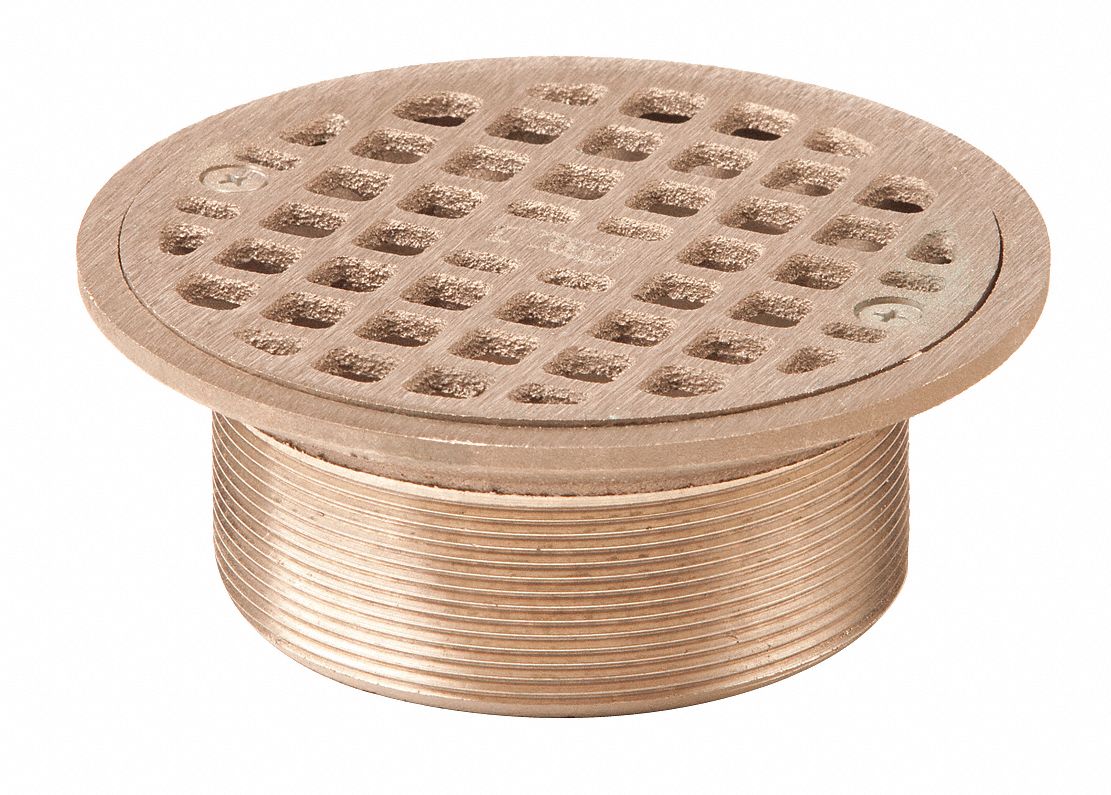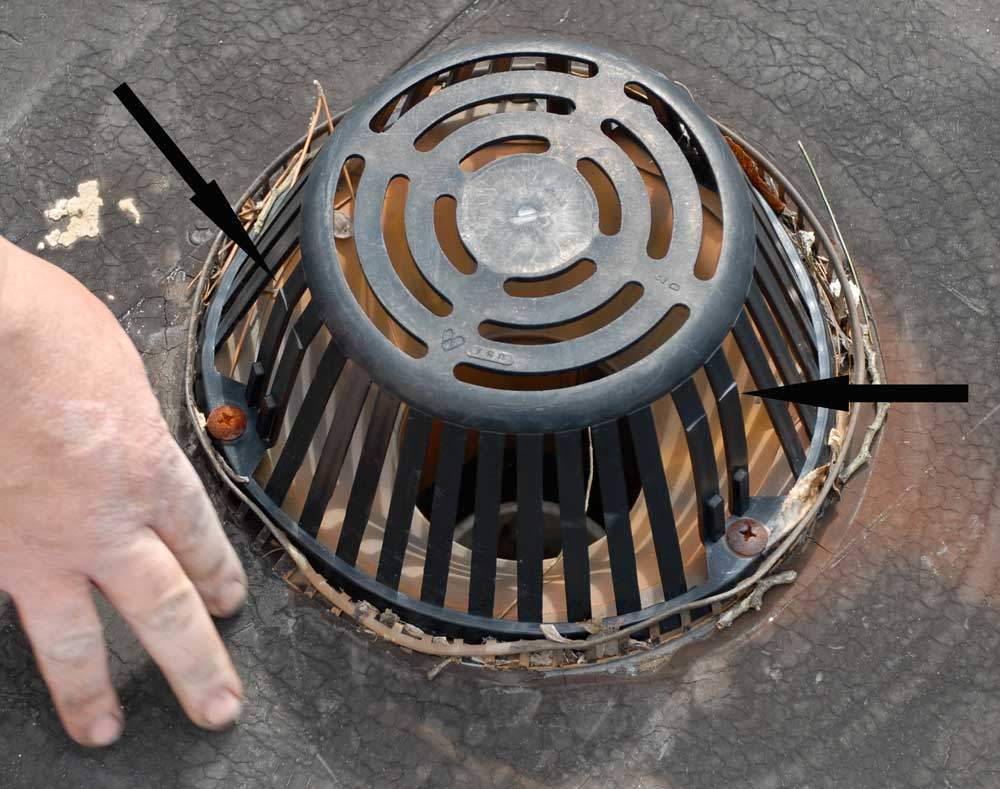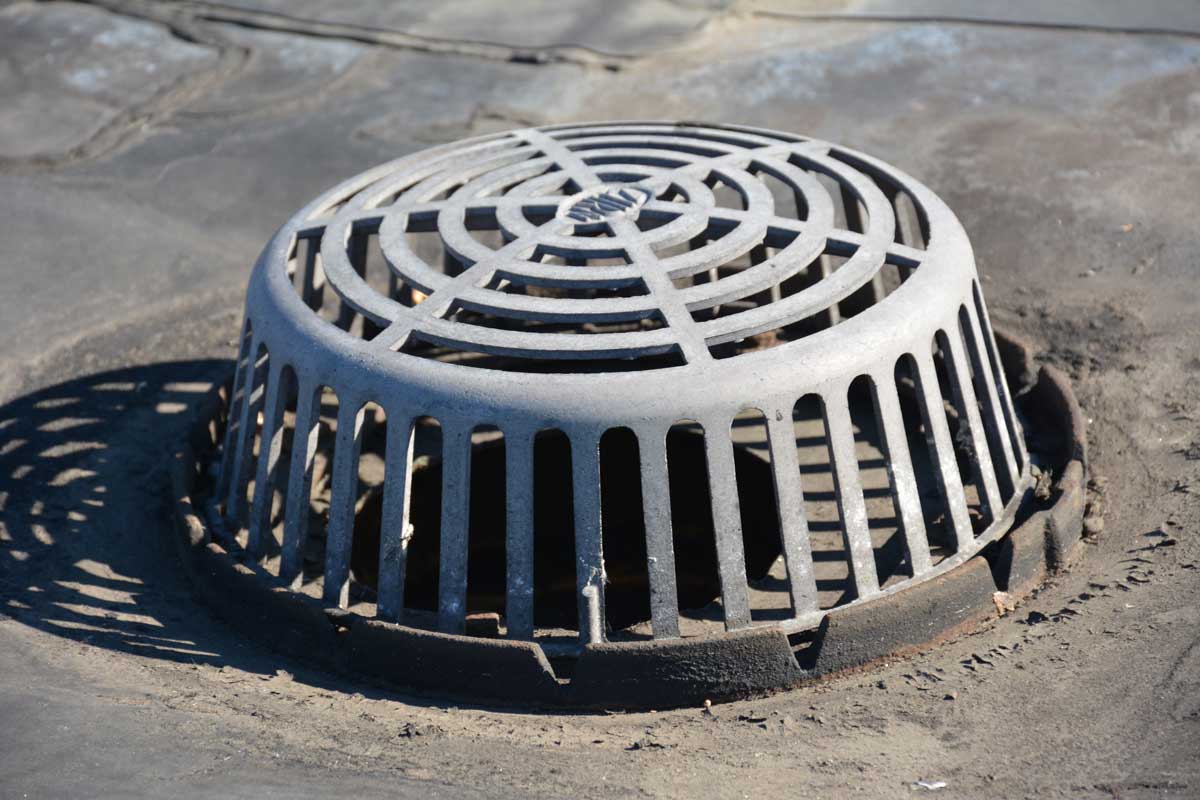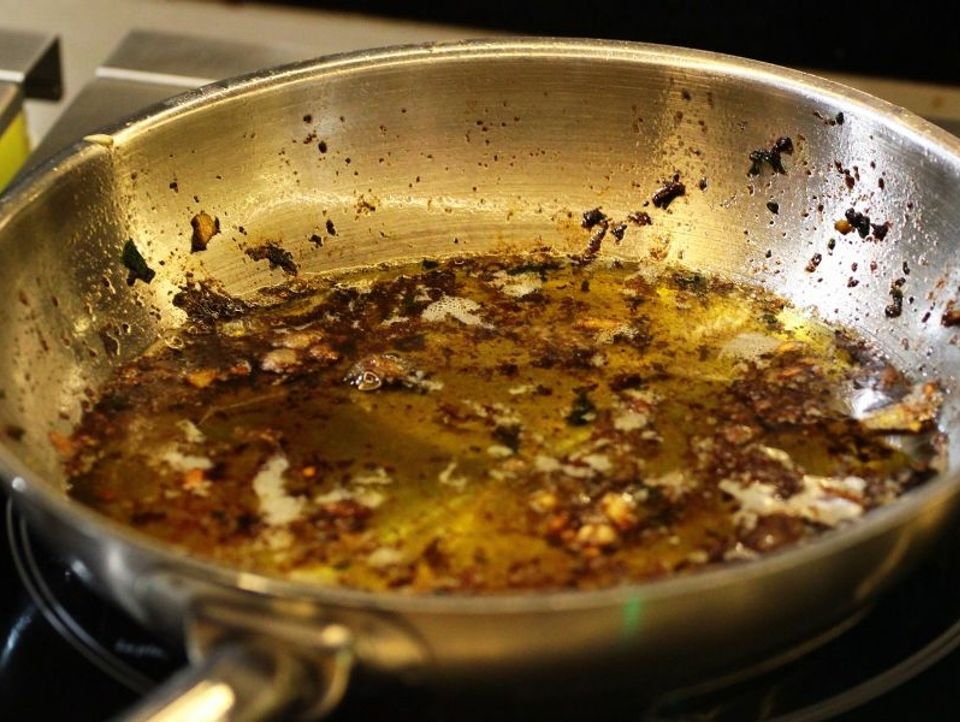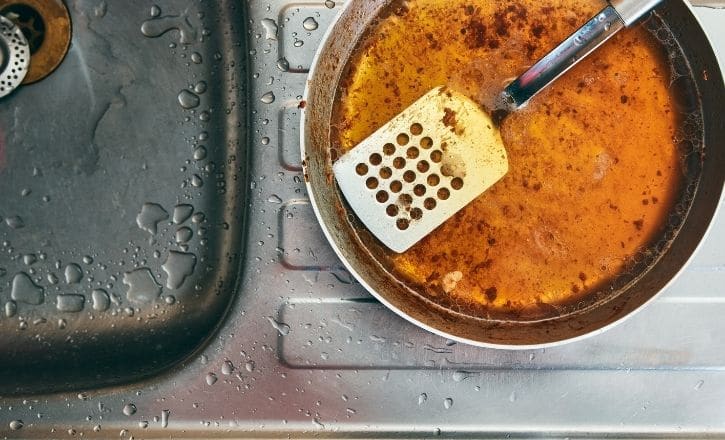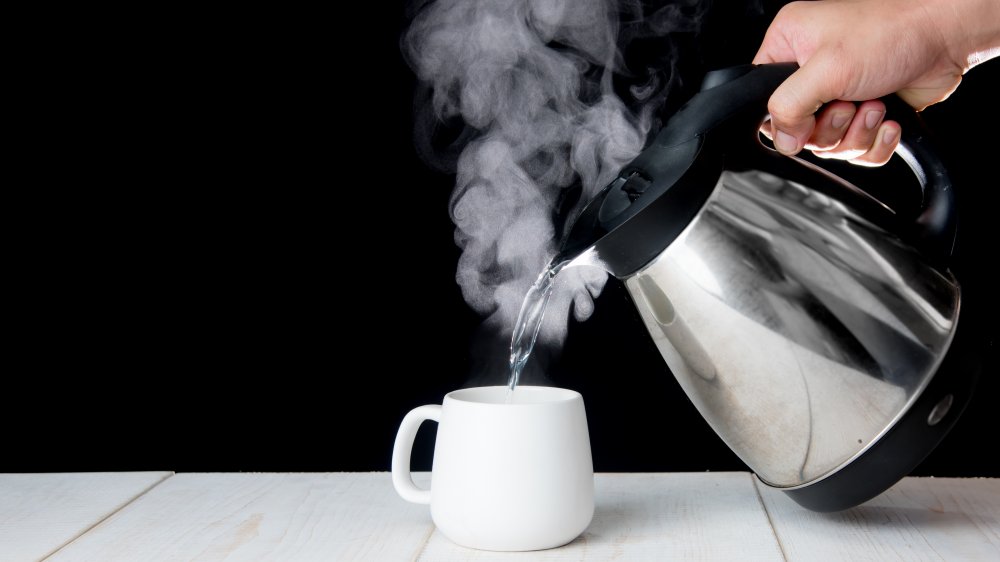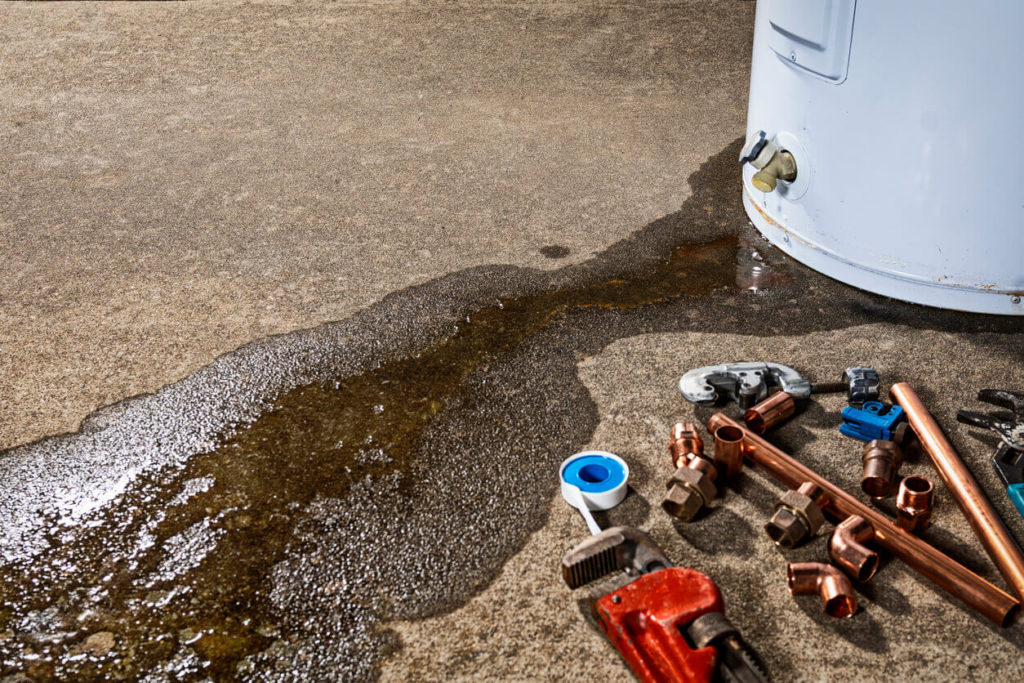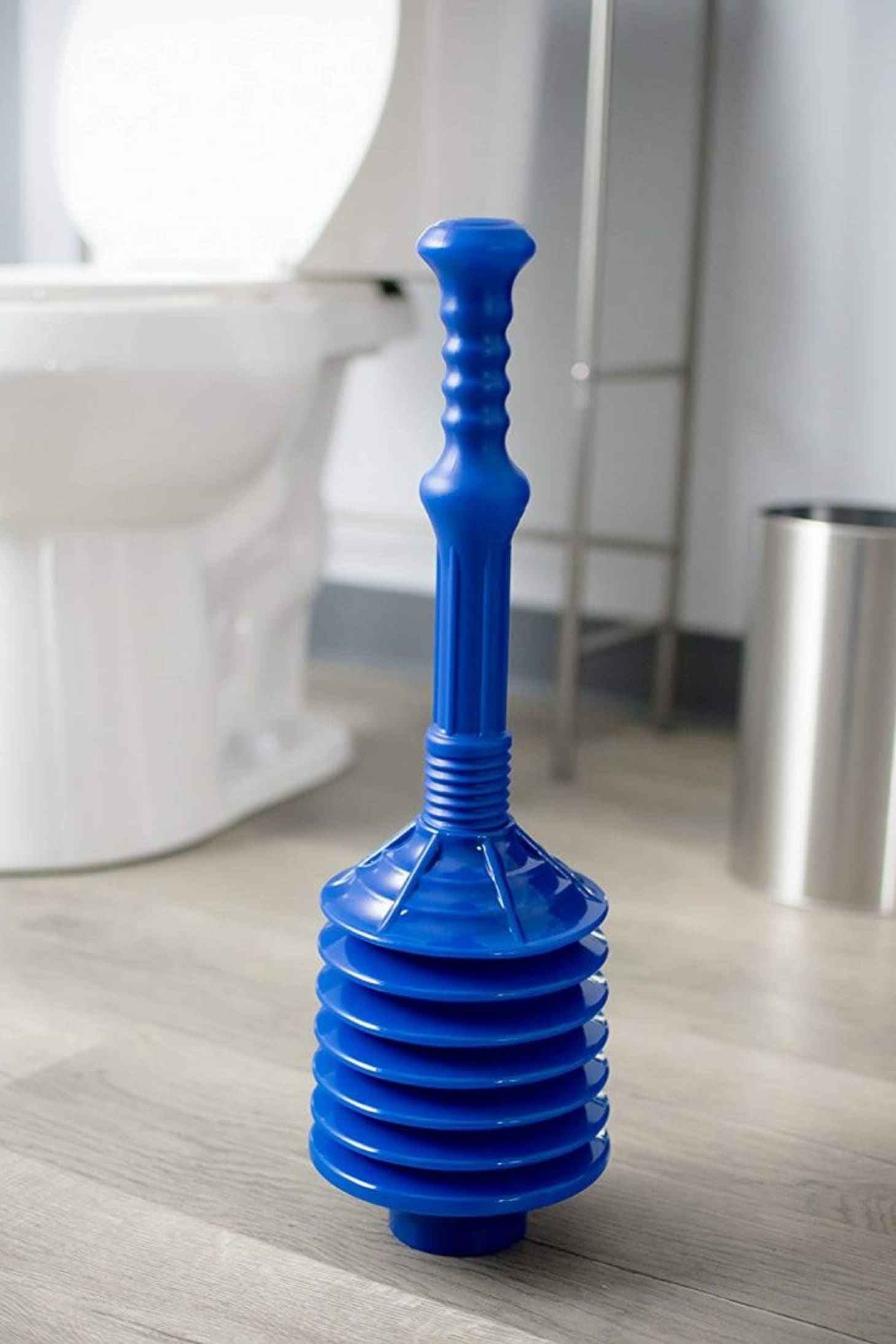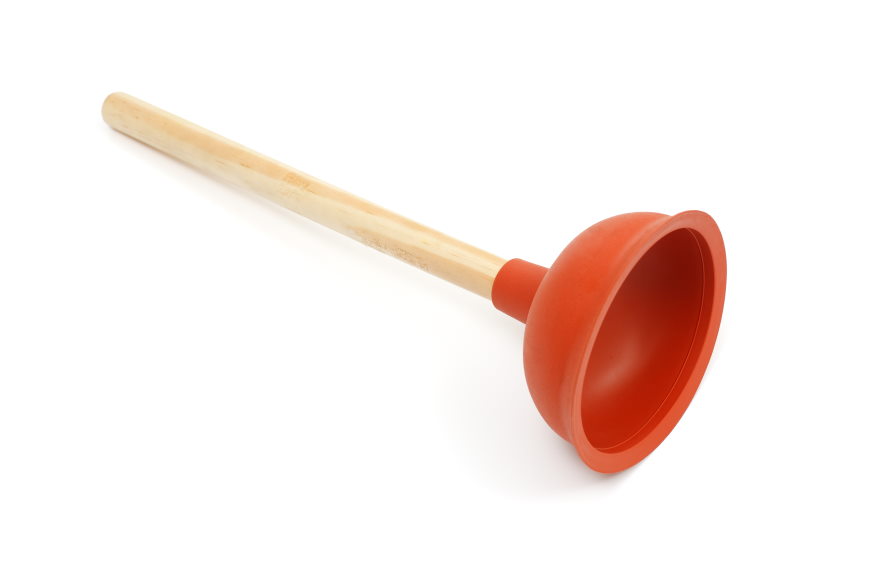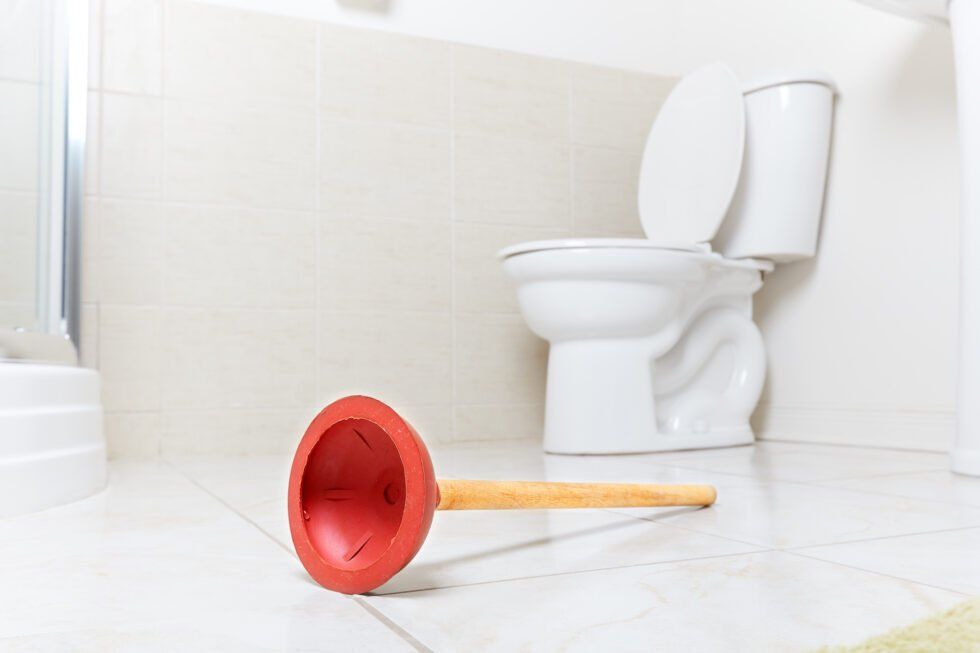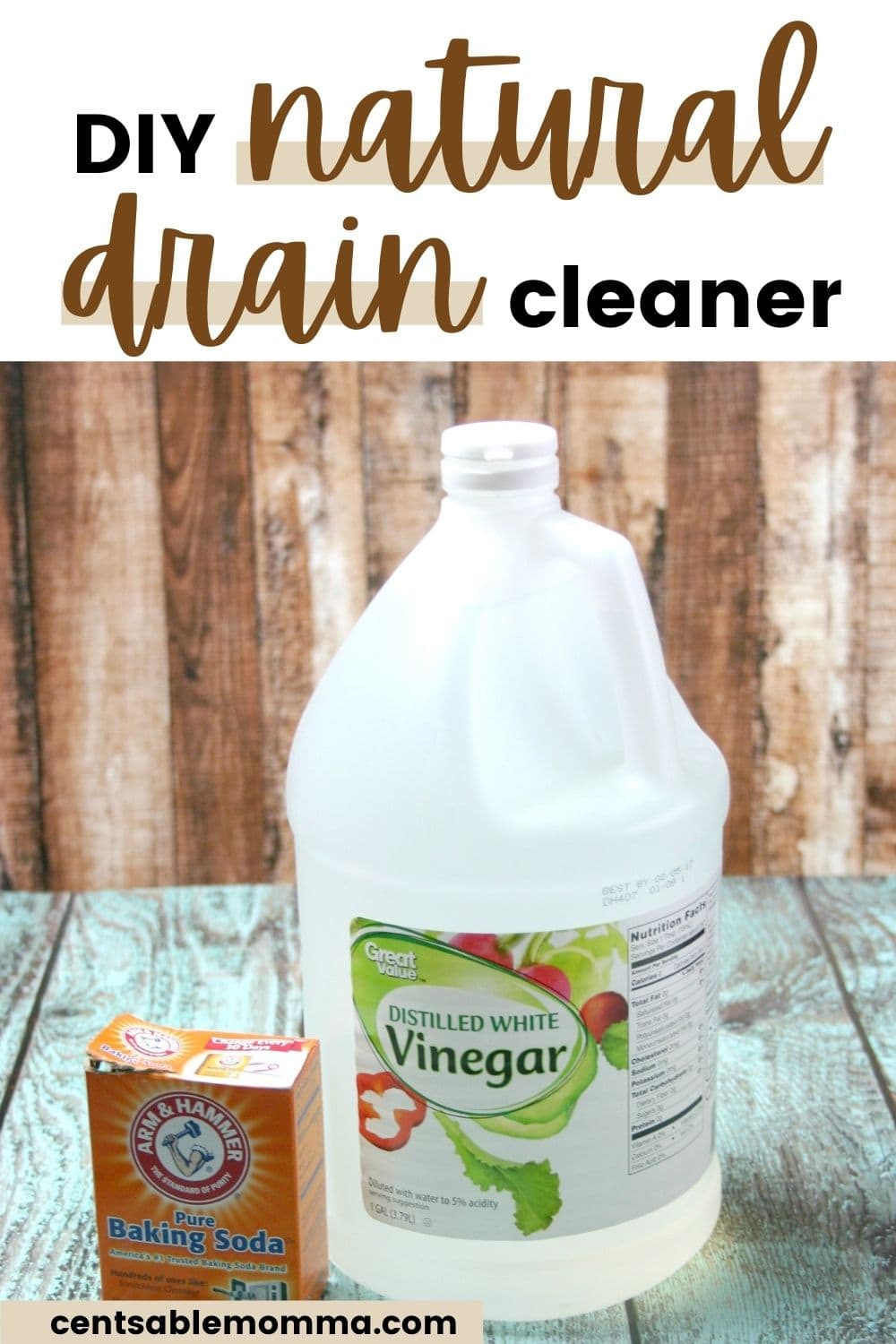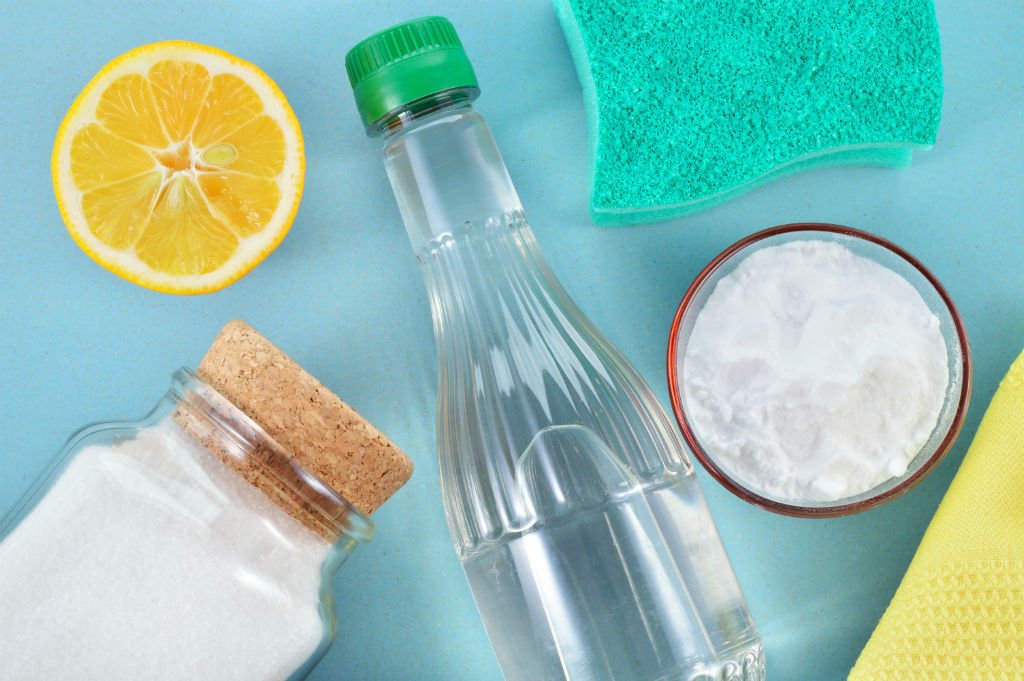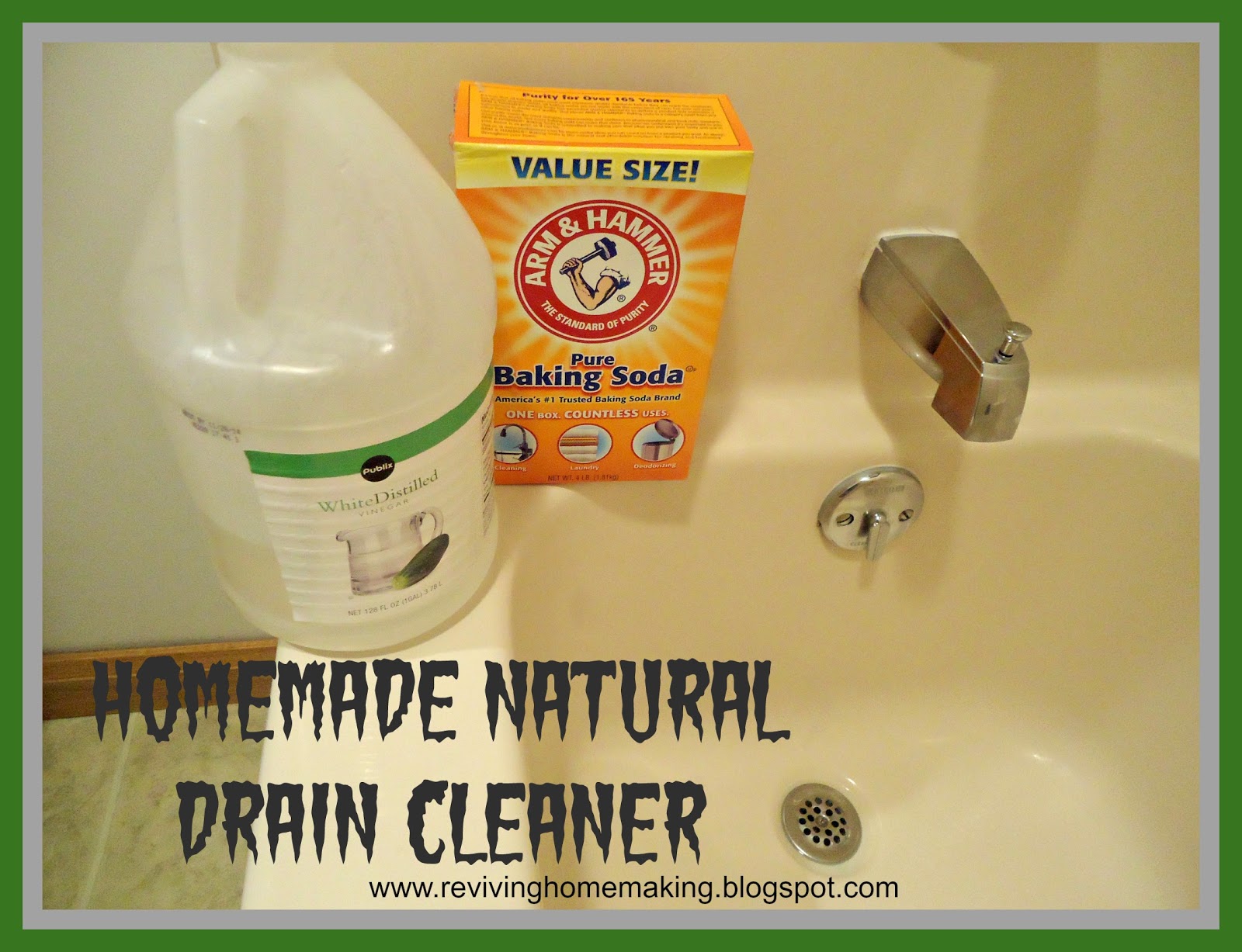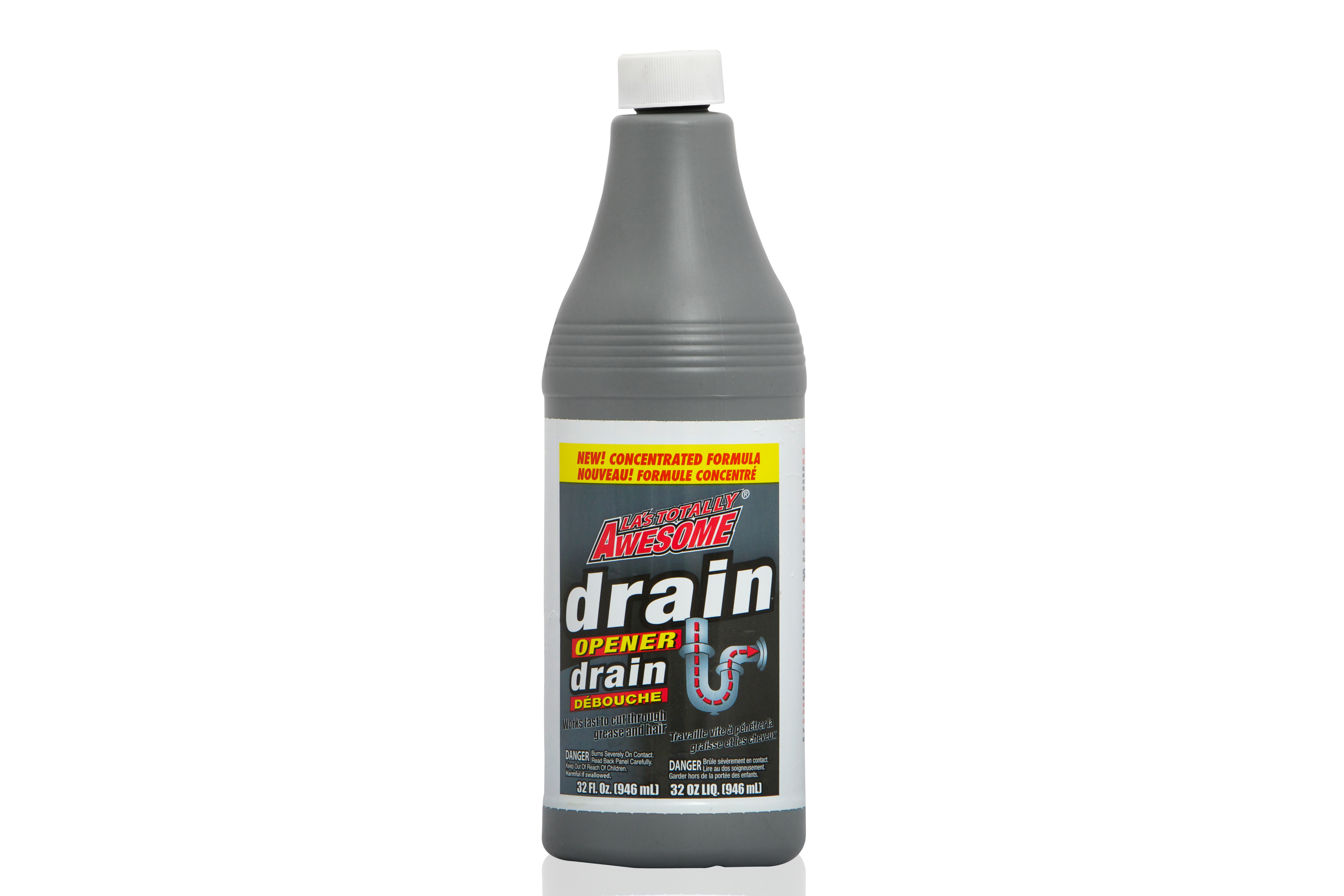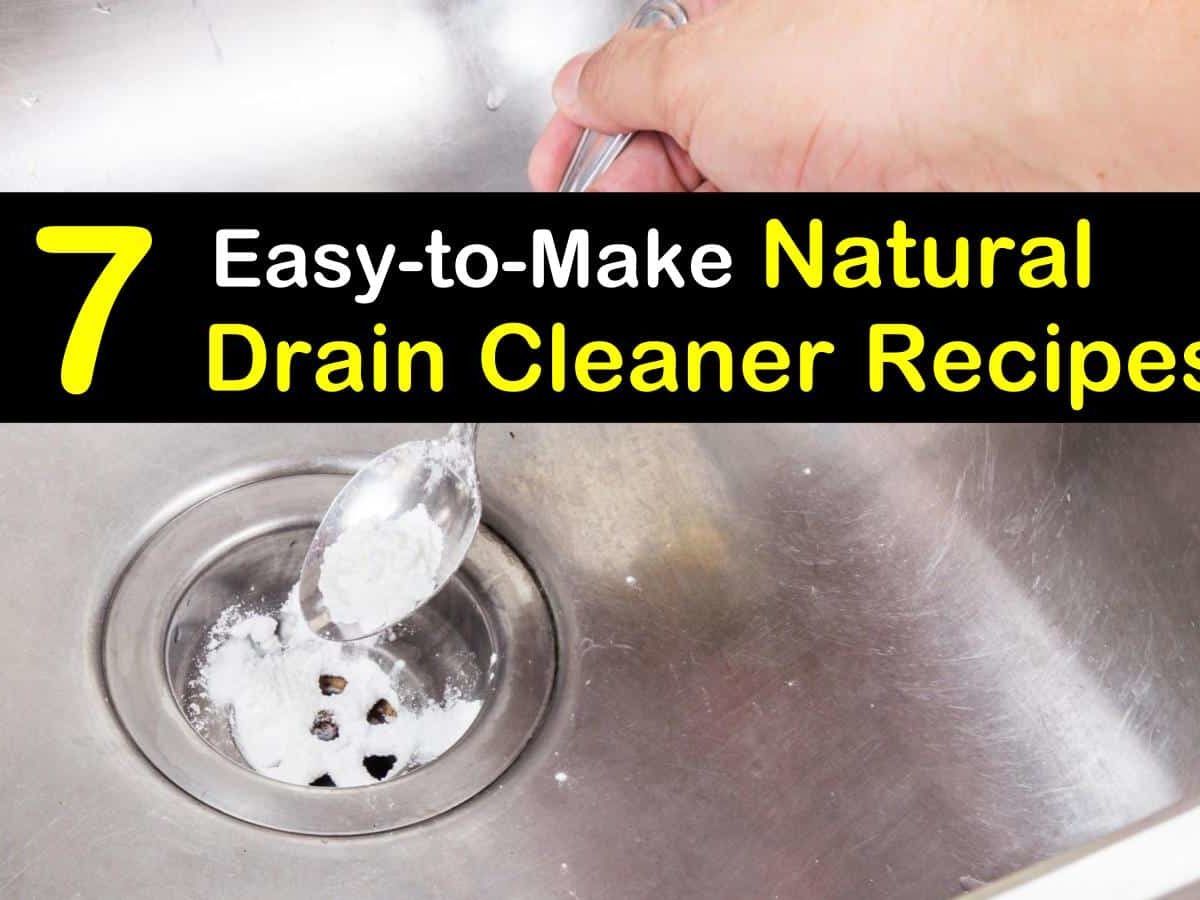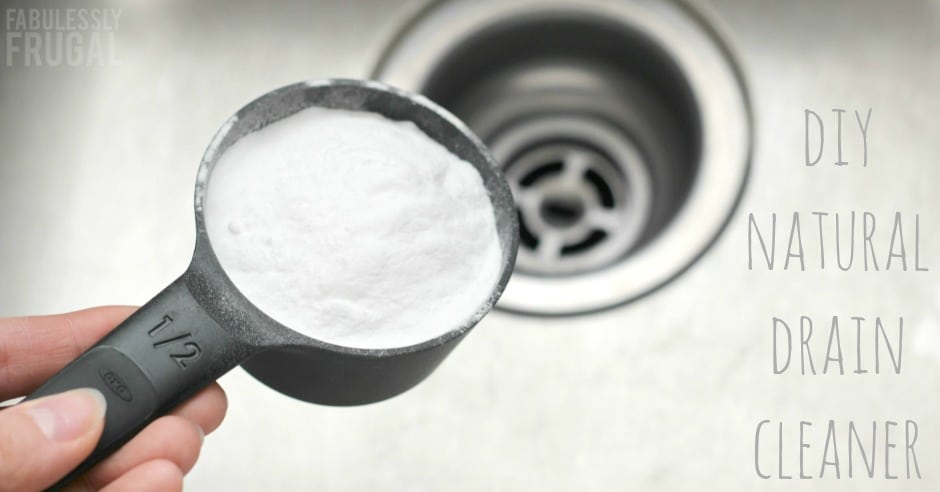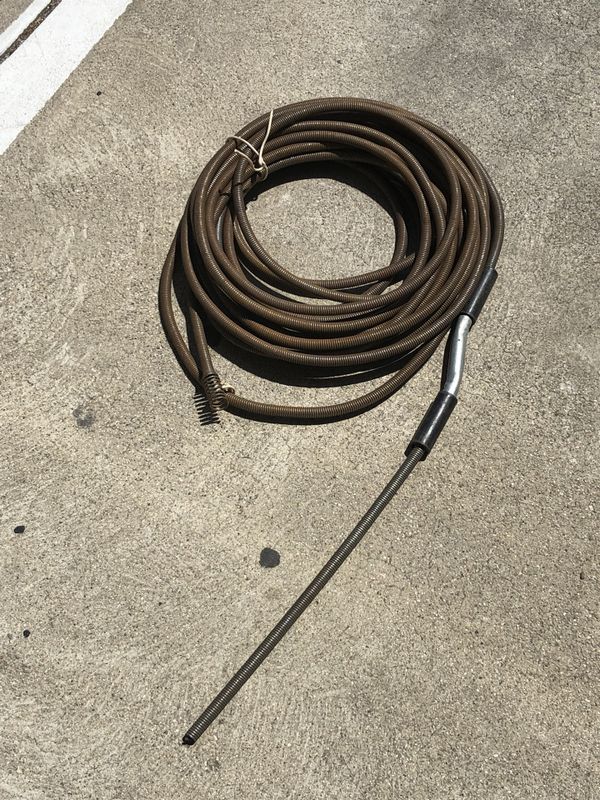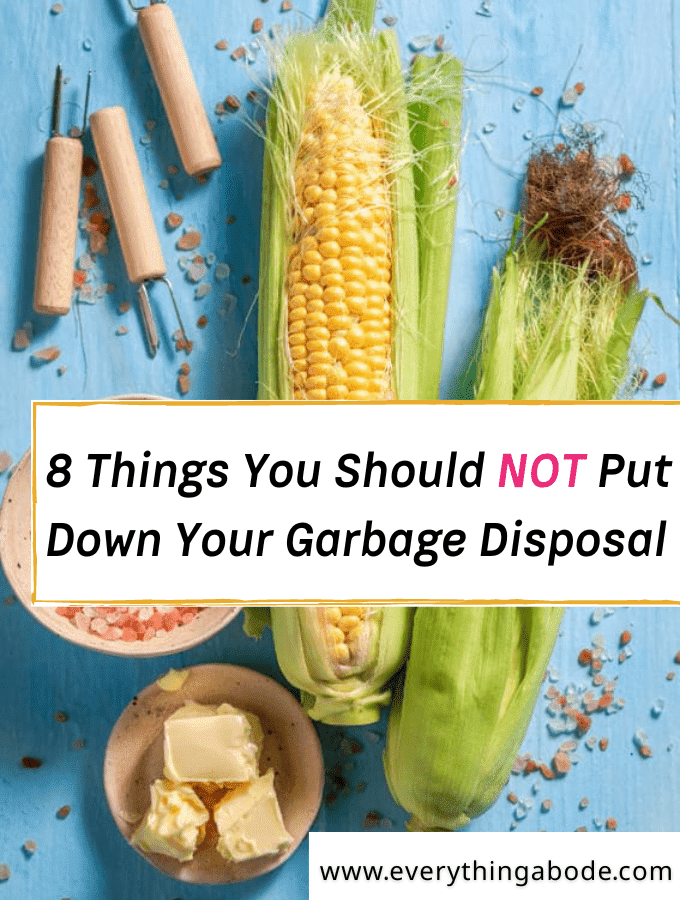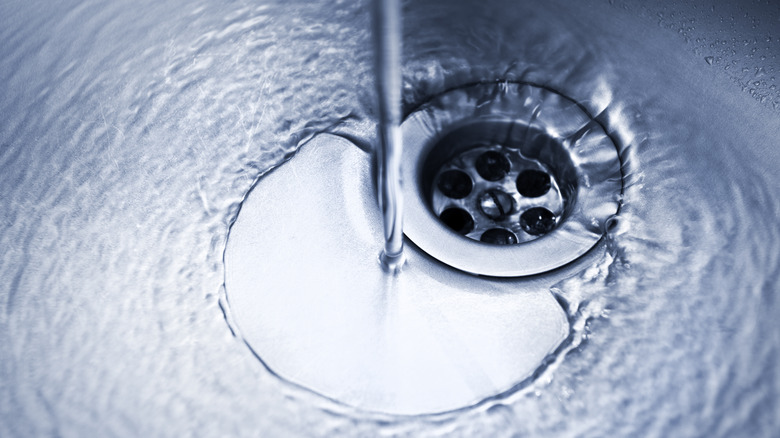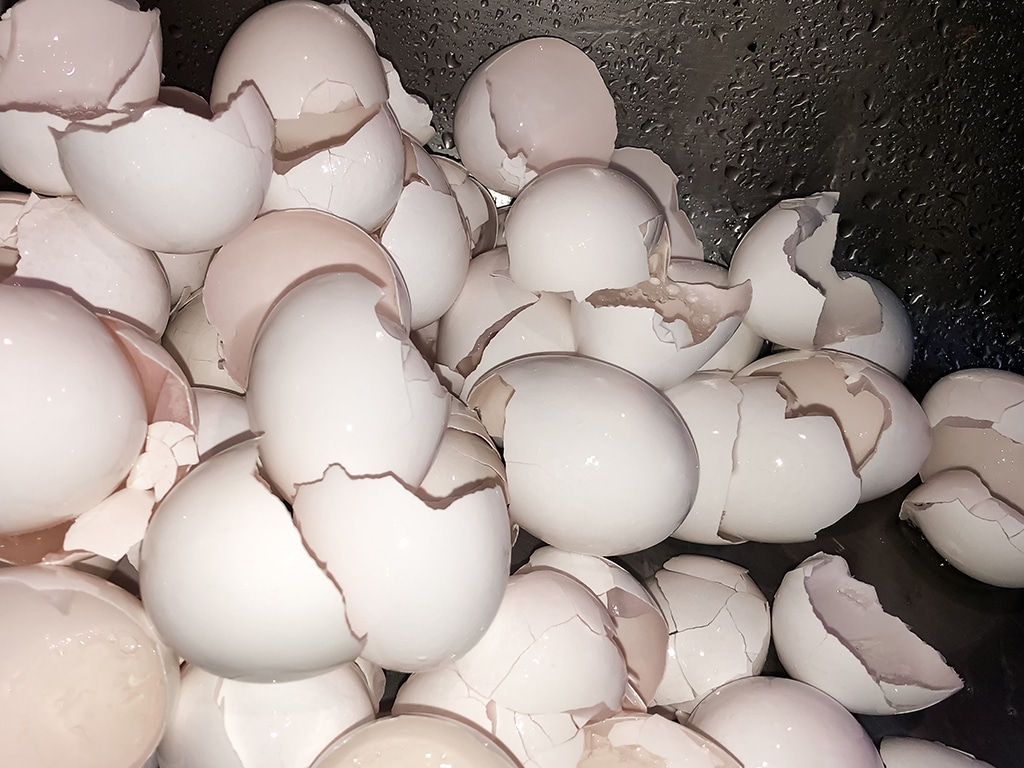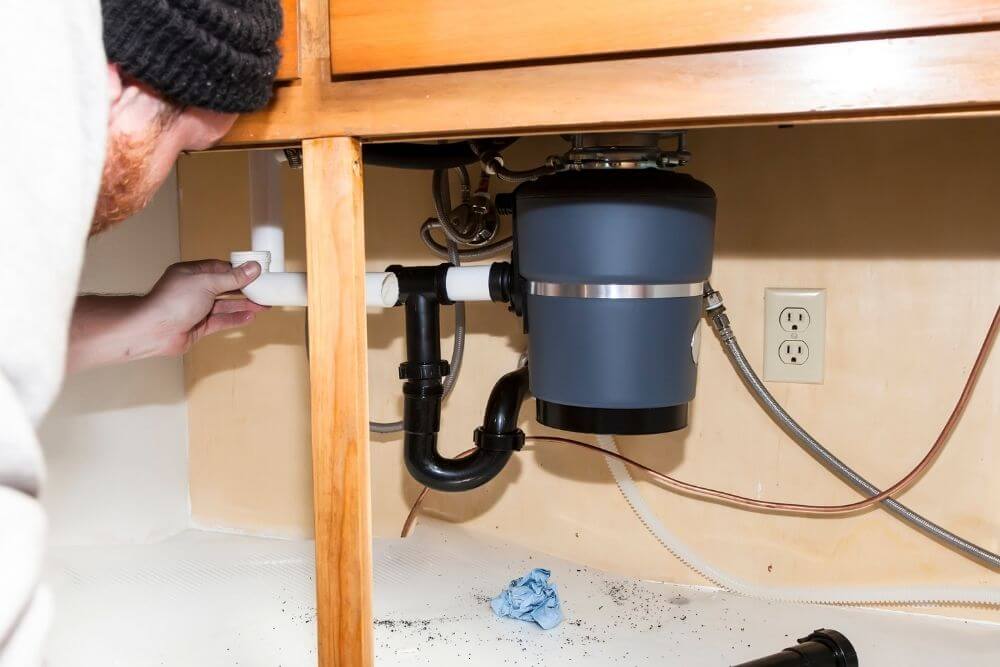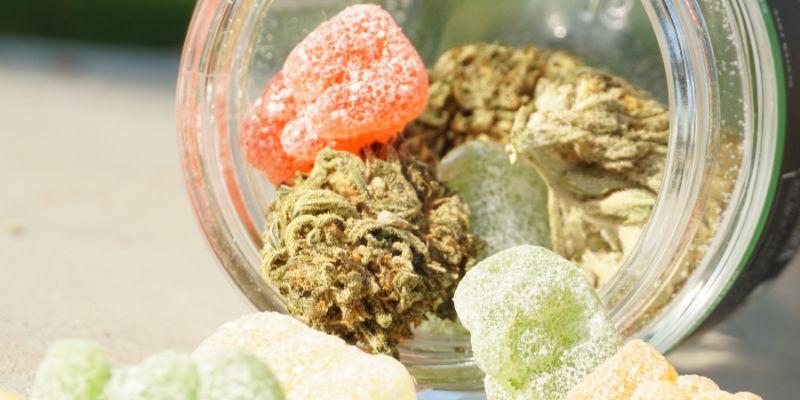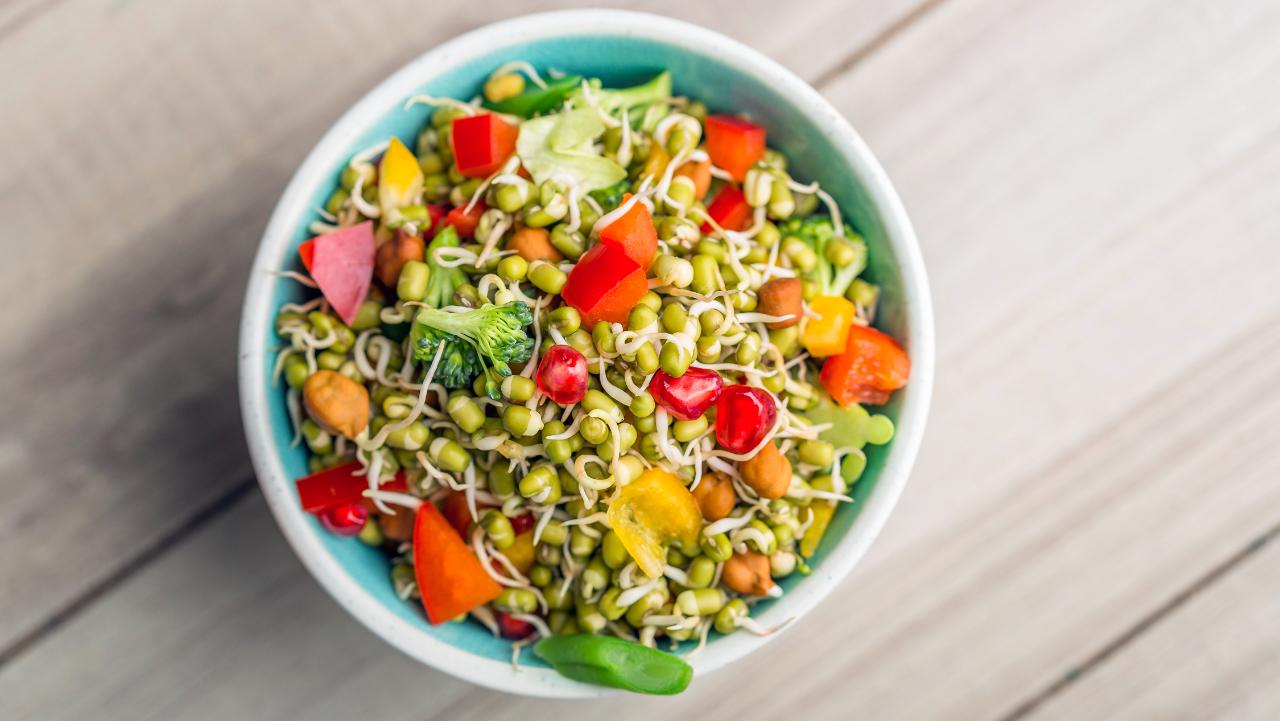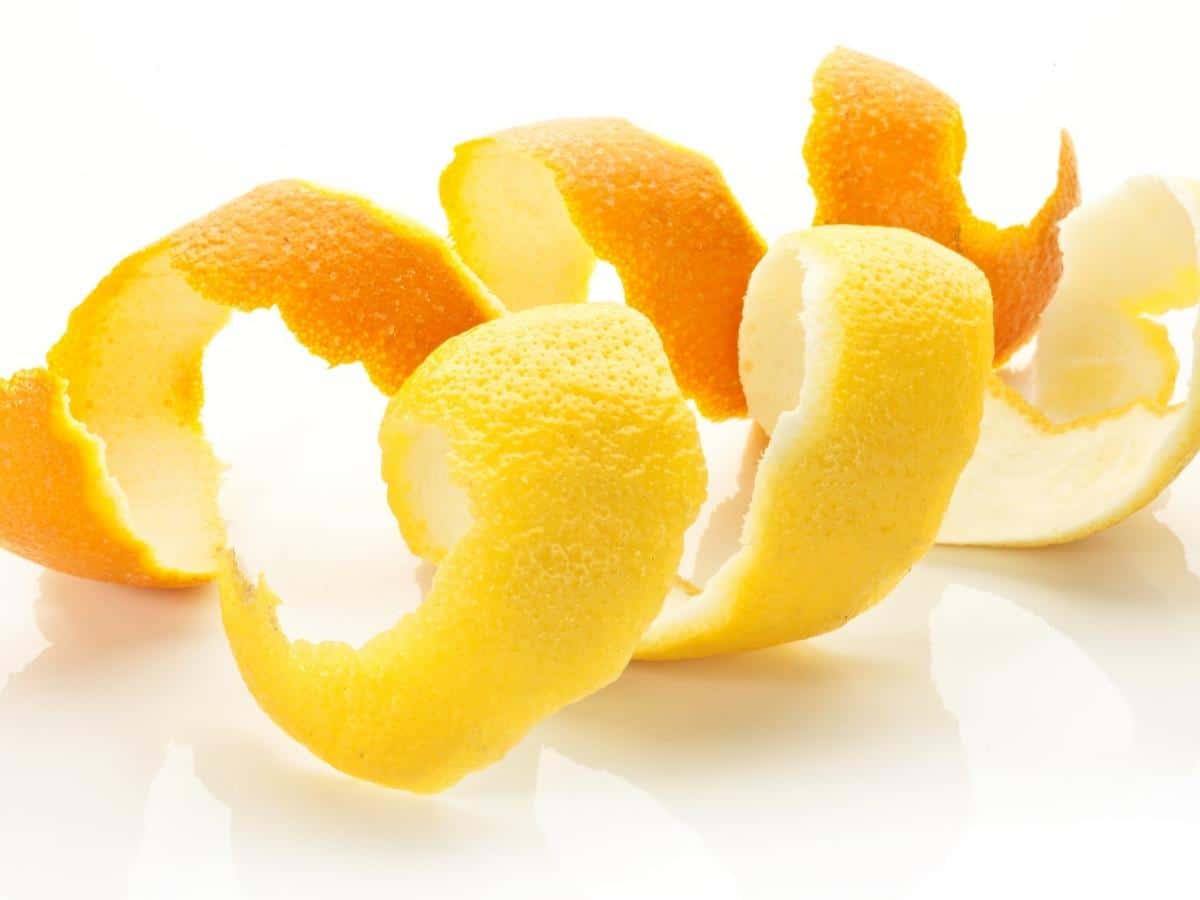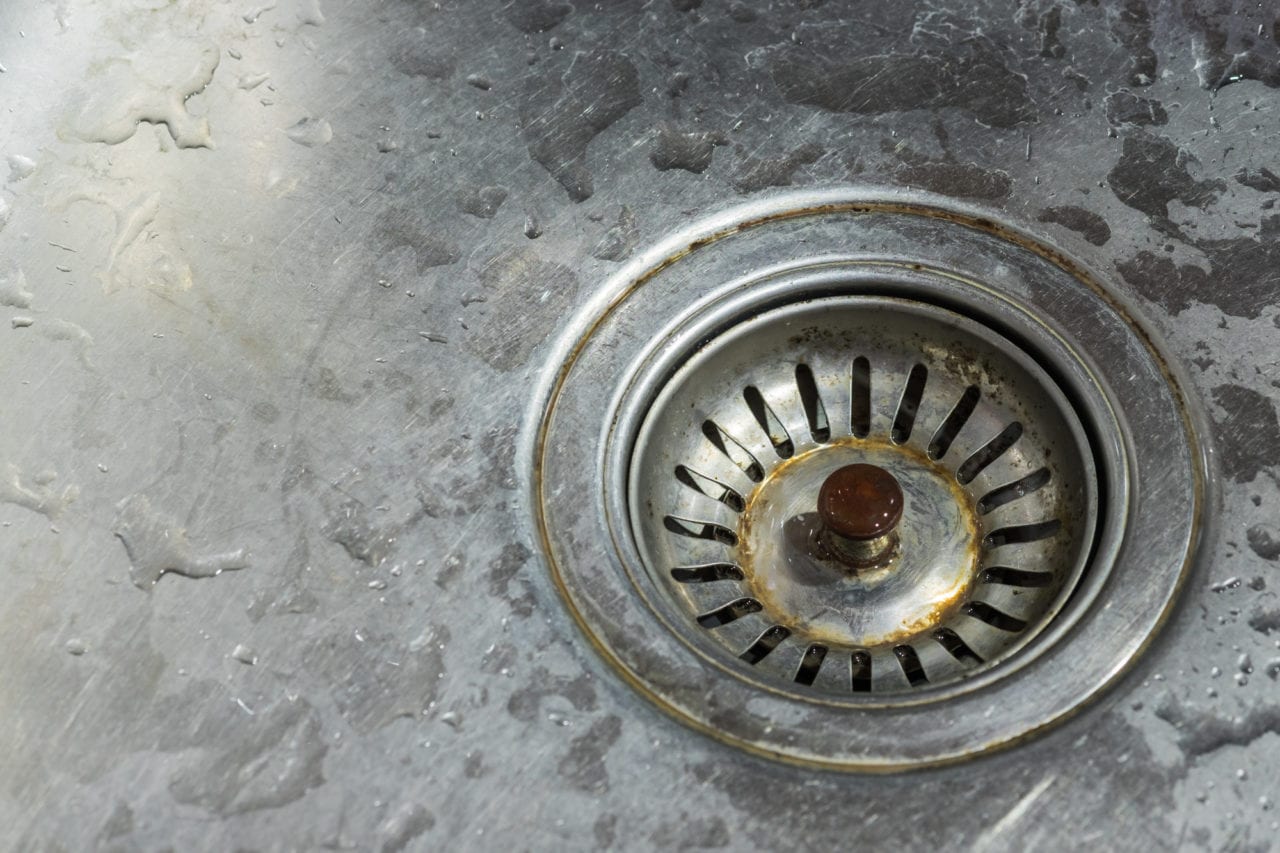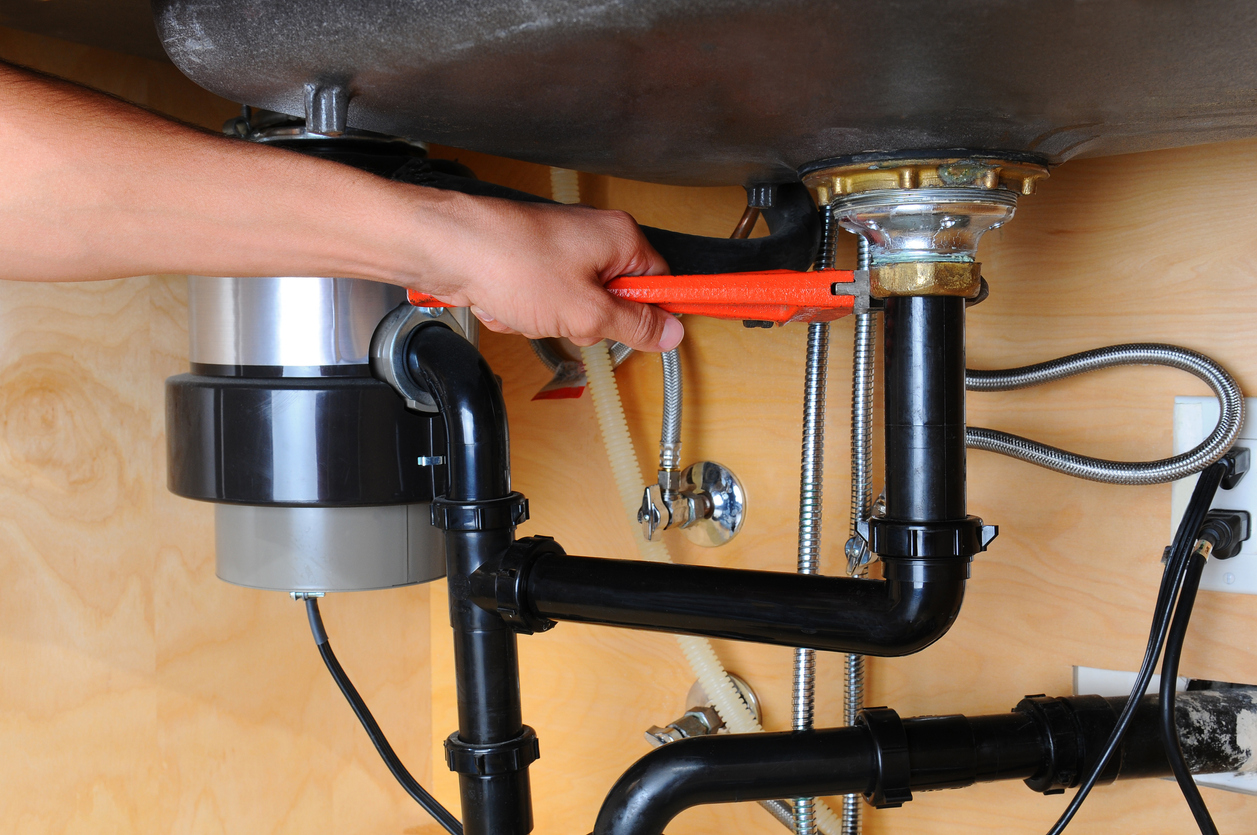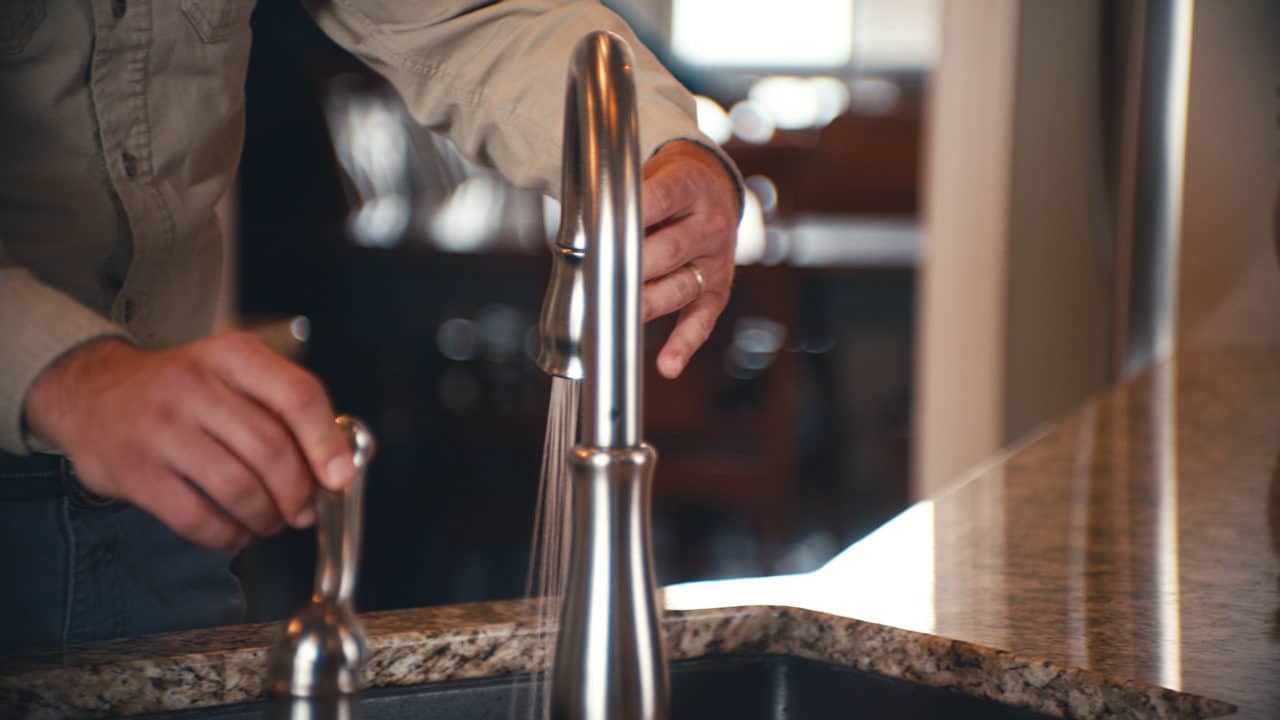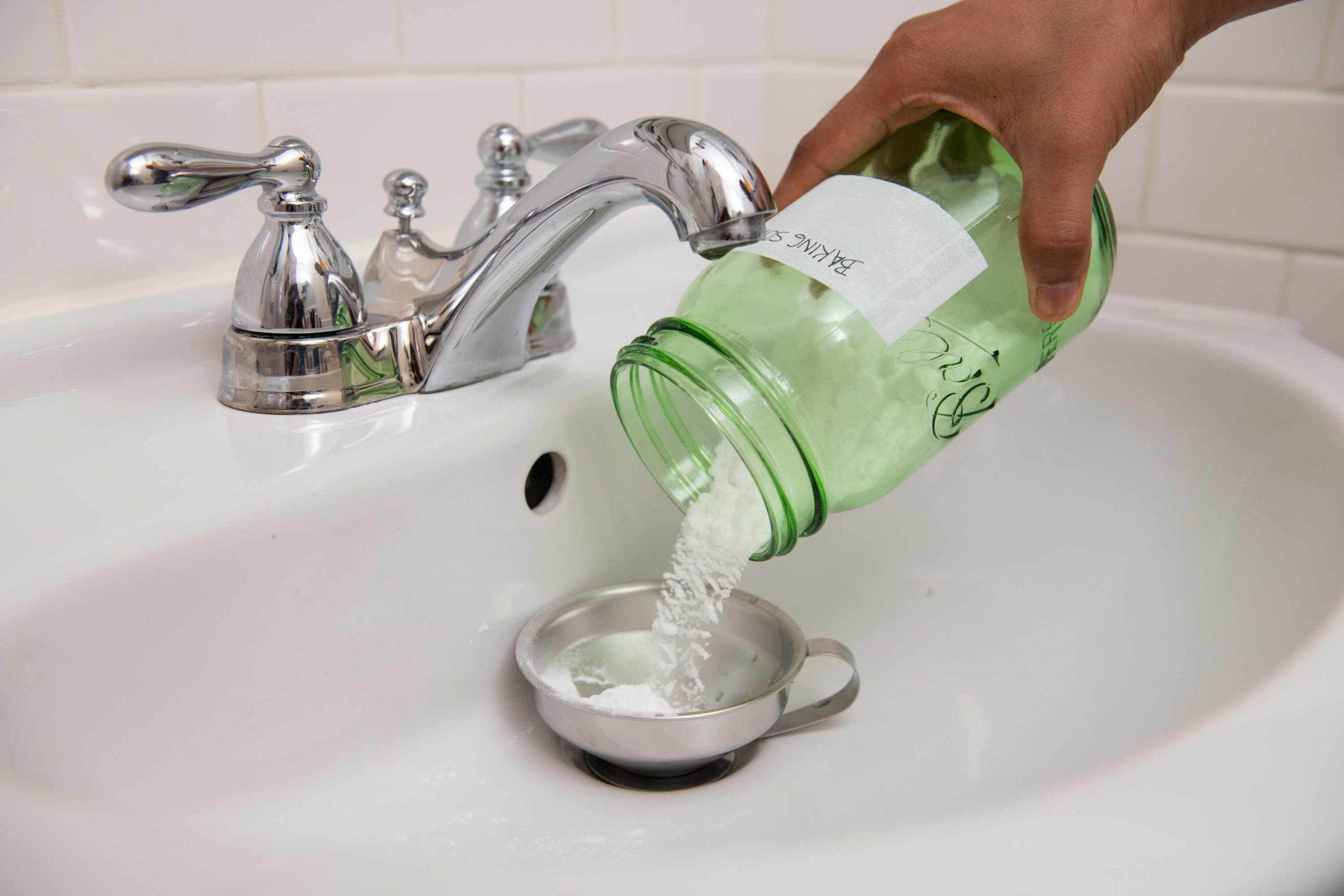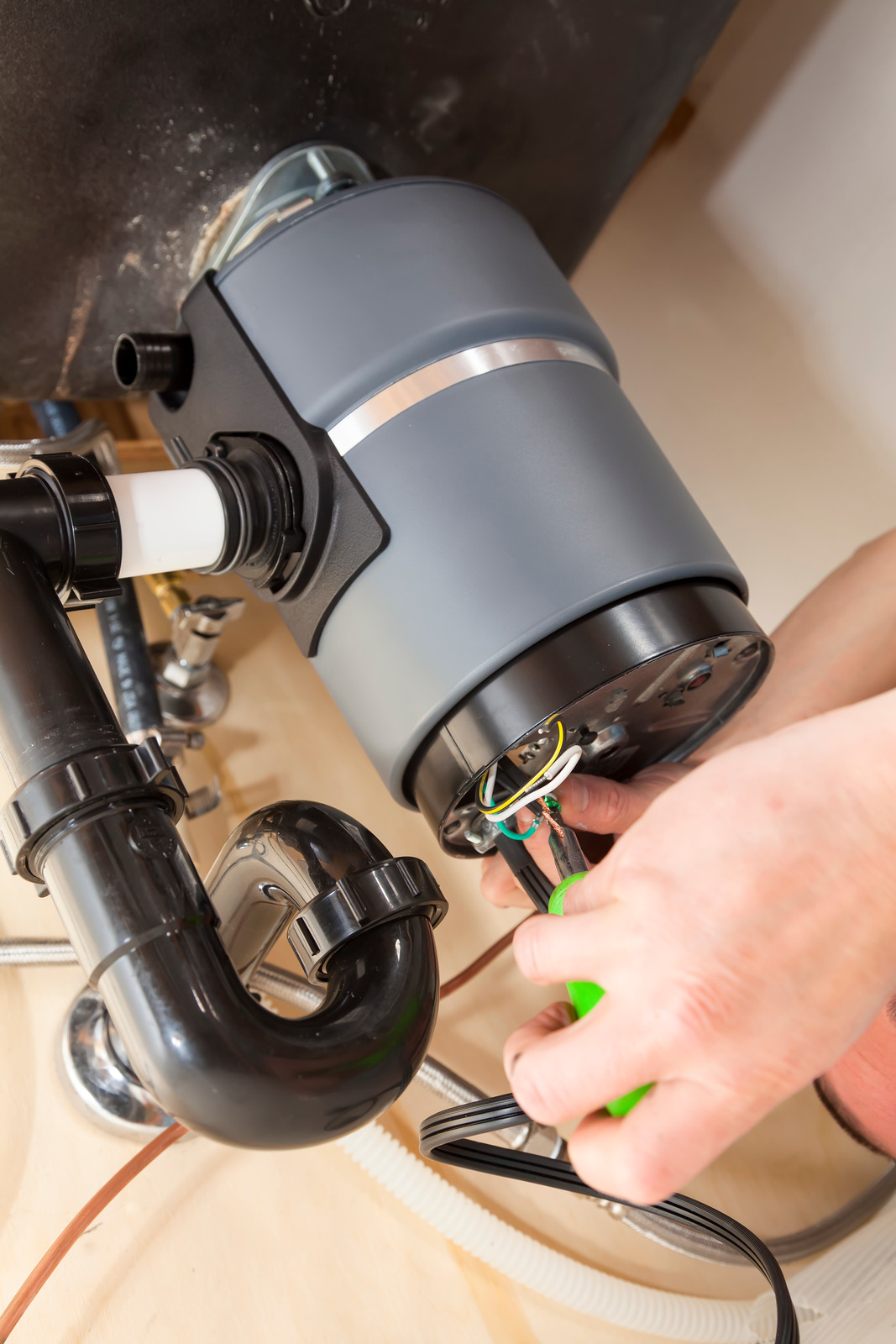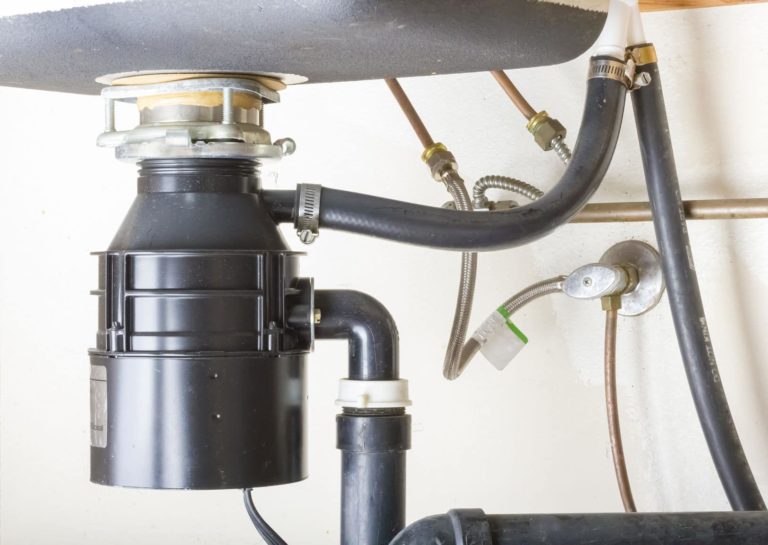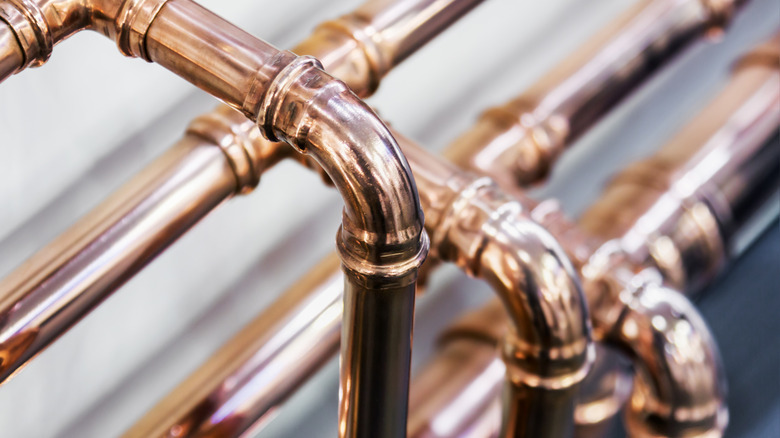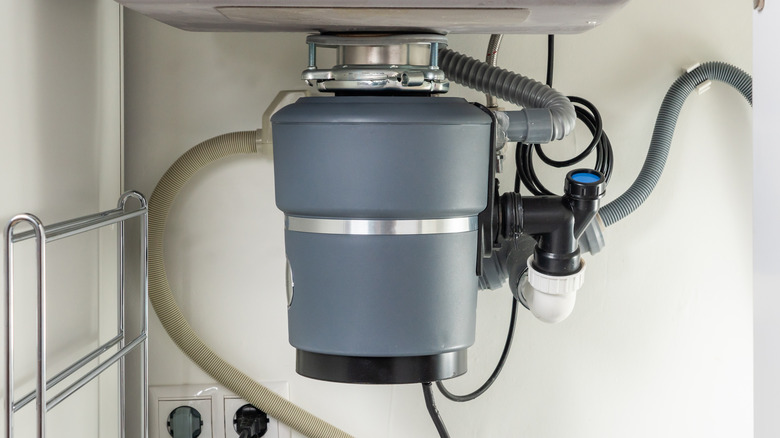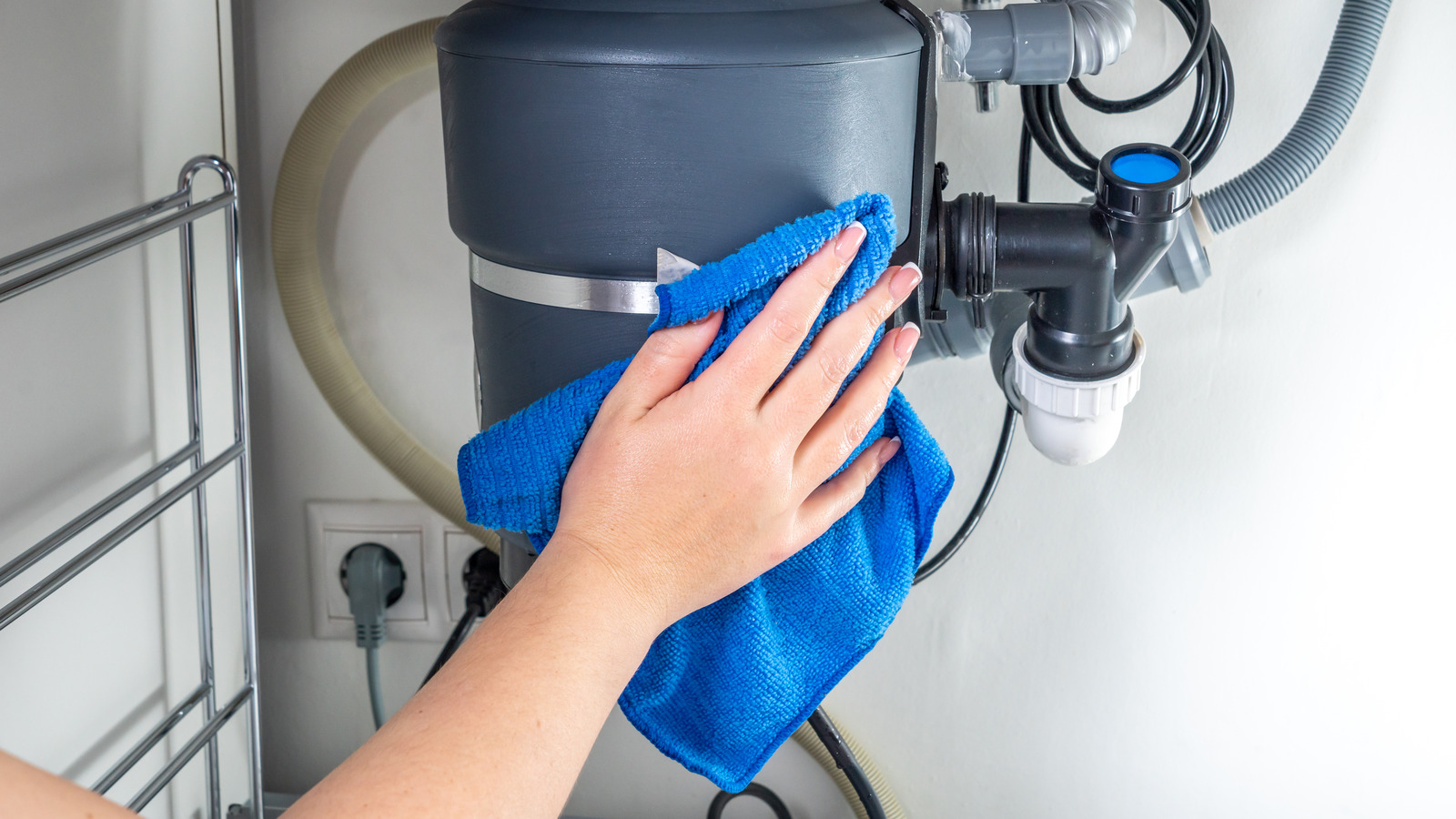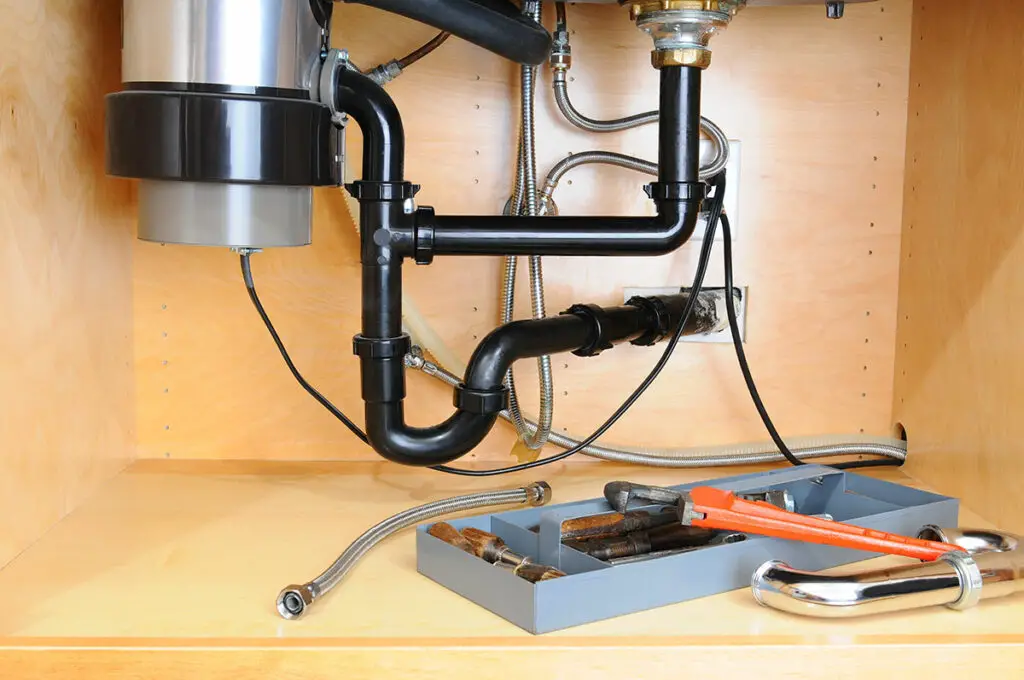The kitchen sink is an essential part of any household, but it can quickly become a headache when it gets clogged. Not only is it inconvenient, but it can also lead to expensive plumbing repairs. To avoid this issue, we've compiled a list of the top 10 tips to keep your kitchen sink from clogging. Follow these simple steps, and you'll have a clog-free sink in no time. Top 10 Tips to Keep Your Kitchen Sink From Clogging
One of the easiest ways to prevent clogs in your kitchen sink is to use a drain strainer. This simple tool catches food particles, hair, and other debris before it goes down the drain. Empty the strainer regularly to avoid buildup and keep your sink draining smoothly. 1. Use a Drain Strainer to Catch Debris
It may be tempting to pour hot grease down the sink, but it's one of the worst things you can do for your plumbing. Grease solidifies as it cools, creating a sticky and hard-to-remove clog in your pipes. Instead, pour grease into a container and dispose of it in the trash. 2. Don't Pour Grease Down the Sink
After using your sink, make it a habit to run hot water for a few minutes to flush away any debris that may be lingering in your pipes. Hot water helps to break down grease and oils, making it easier for them to flow through your plumbing. 3. Run Hot Water After Each Use
If you notice your sink draining slowly, it's a sign of a potential clog. Grab a plunger and place it over the drain, making sure to cover the entire opening. Use a firm, but gentle, up and down motion to create suction and dislodge the clog. 4. Use a Plunger to Clear Clogs
Chemical drain cleaners can be harsh and damaging to your pipes, not to mention harmful to the environment. Instead, try a natural drain cleaner made from a mixture of baking soda and vinegar. Pour 1/2 cup of baking soda down the drain, followed by 1/2 cup of vinegar. Let it sit for 30 minutes before flushing with hot water. 5. Try a Natural Drain Cleaner
If a plunger doesn't do the trick, a plumbing snake may be needed to remove a stubborn clog. Insert the snake into the drain and turn the handle to push the snake further into the pipes. When you feel resistance, twist and push until the clog breaks up and is removed. 6. Use a Plumbing Snake to Remove Stubborn Clogs
While your garbage disposal can handle most food scraps, it's important to avoid putting fibrous foods down the drain. These include things like celery, onion skins, and potato peels, which can get tangled in the blades and cause clogs. 7. Avoid Putting Fibrous Foods Down the Disposal
To keep your garbage disposal running smoothly, it's essential to clean and maintain it regularly. You can do this by grinding ice cubes and citrus peels, which help to remove buildup and eliminate odors. Also, be sure to run cold water while using the disposal to keep the blades lubricated. 8. Regularly Clean and Maintain Your Garbage Disposal
If you have a particularly stubborn clog, try using a mixture of baking soda and vinegar. Pour 1 cup of baking soda down the drain, followed by 1 cup of vinegar. Let it sit for 30 minutes, then flush with hot water. This combination helps to loosen and dissolve clogs without damaging your pipes. 9. Use a Mixture of Baking Soda and Vinegar to Clear Clogs
How to Prevent Clogs in Your Kitchen Sink
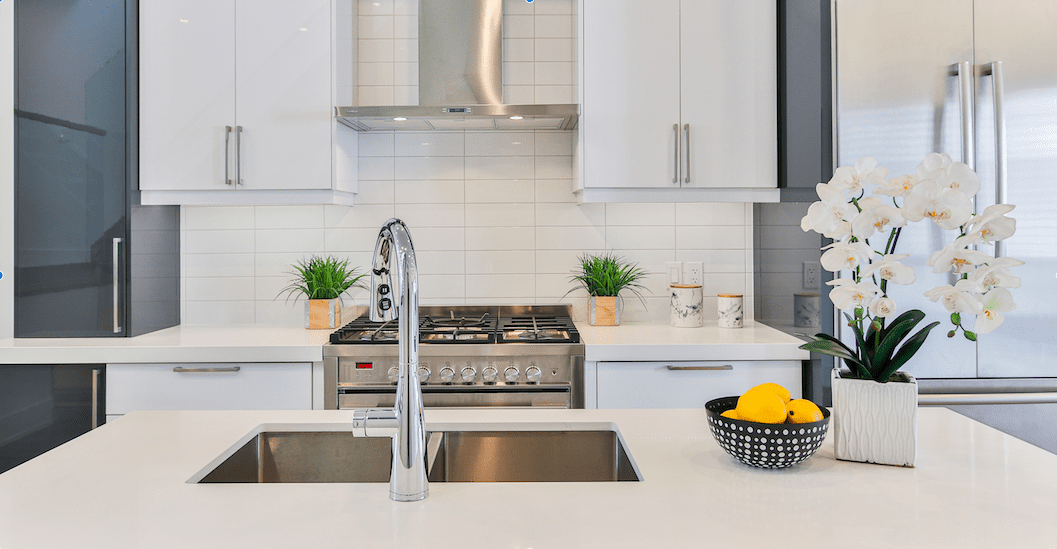
Keep Your Sink Clean and Clear
 One of the main reasons kitchen sinks clog is due to buildup of food particles, grease, and other debris. To prevent this, make sure to regularly clean your sink by wiping it down with a mixture of hot water and dish soap.
Regularly
scrubbing
your sink with a brush will help remove any stubborn residue and keep your sink
free from clogs
. Additionally, avoid pouring any leftover cooking oil or grease down the drain as it can solidify and cause blockages.
One of the main reasons kitchen sinks clog is due to buildup of food particles, grease, and other debris. To prevent this, make sure to regularly clean your sink by wiping it down with a mixture of hot water and dish soap.
Regularly
scrubbing
your sink with a brush will help remove any stubborn residue and keep your sink
free from clogs
. Additionally, avoid pouring any leftover cooking oil or grease down the drain as it can solidify and cause blockages.
Use a Drain Strainer
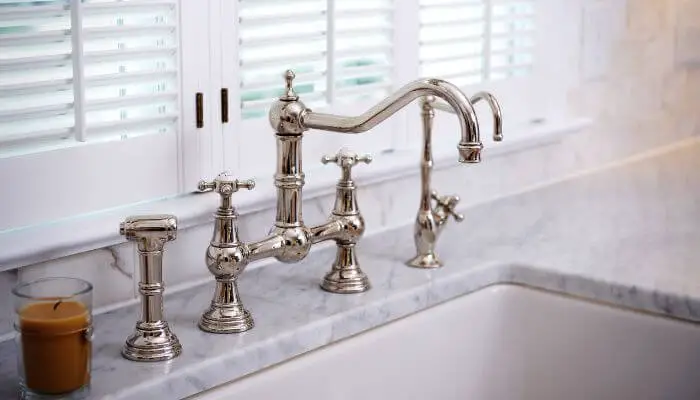 Investing in a drain strainer is a simple and effective way to prevent clogs in your kitchen sink. These strainers catch food particles and other debris before they have a chance to go down the drain.
Regularly
emptying
the strainer and disposing of the collected debris will help keep your sink
free from clogs
. You can also use a drain strainer in your bathroom sink and shower to prevent hair from clogging the drains.
Investing in a drain strainer is a simple and effective way to prevent clogs in your kitchen sink. These strainers catch food particles and other debris before they have a chance to go down the drain.
Regularly
emptying
the strainer and disposing of the collected debris will help keep your sink
free from clogs
. You can also use a drain strainer in your bathroom sink and shower to prevent hair from clogging the drains.
Be Mindful of What You Put Down the Disposal
 While a garbage disposal can be convenient, it's important to be mindful of what you put down it. Fibrous foods like celery and potato peels can get tangled and cause clogs.
Avoid
putting
large amounts
of food down the disposal at once and make sure to always run water while using it. You can also pour a mixture of hot water and vinegar down the disposal to help break up any buildup.
While a garbage disposal can be convenient, it's important to be mindful of what you put down it. Fibrous foods like celery and potato peels can get tangled and cause clogs.
Avoid
putting
large amounts
of food down the disposal at once and make sure to always run water while using it. You can also pour a mixture of hot water and vinegar down the disposal to help break up any buildup.
Consider Using a Plunger
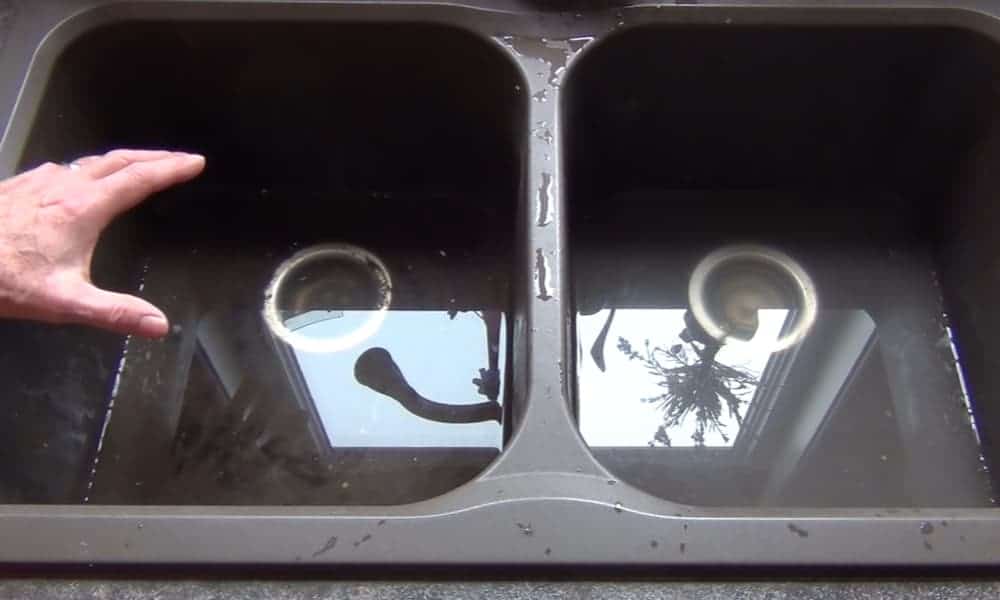 If you notice your kitchen sink draining slowly, it may be a sign of a clog. In this case, using a plunger can help dislodge the blockage and get your sink draining smoothly again. Make sure to cover the other drain in a double sink before using the plunger and
apply
gentle pressure
to avoid damaging your pipes.
If you notice your kitchen sink draining slowly, it may be a sign of a clog. In this case, using a plunger can help dislodge the blockage and get your sink draining smoothly again. Make sure to cover the other drain in a double sink before using the plunger and
apply
gentle pressure
to avoid damaging your pipes.
Regularly Schedule Professional Drain Cleaning
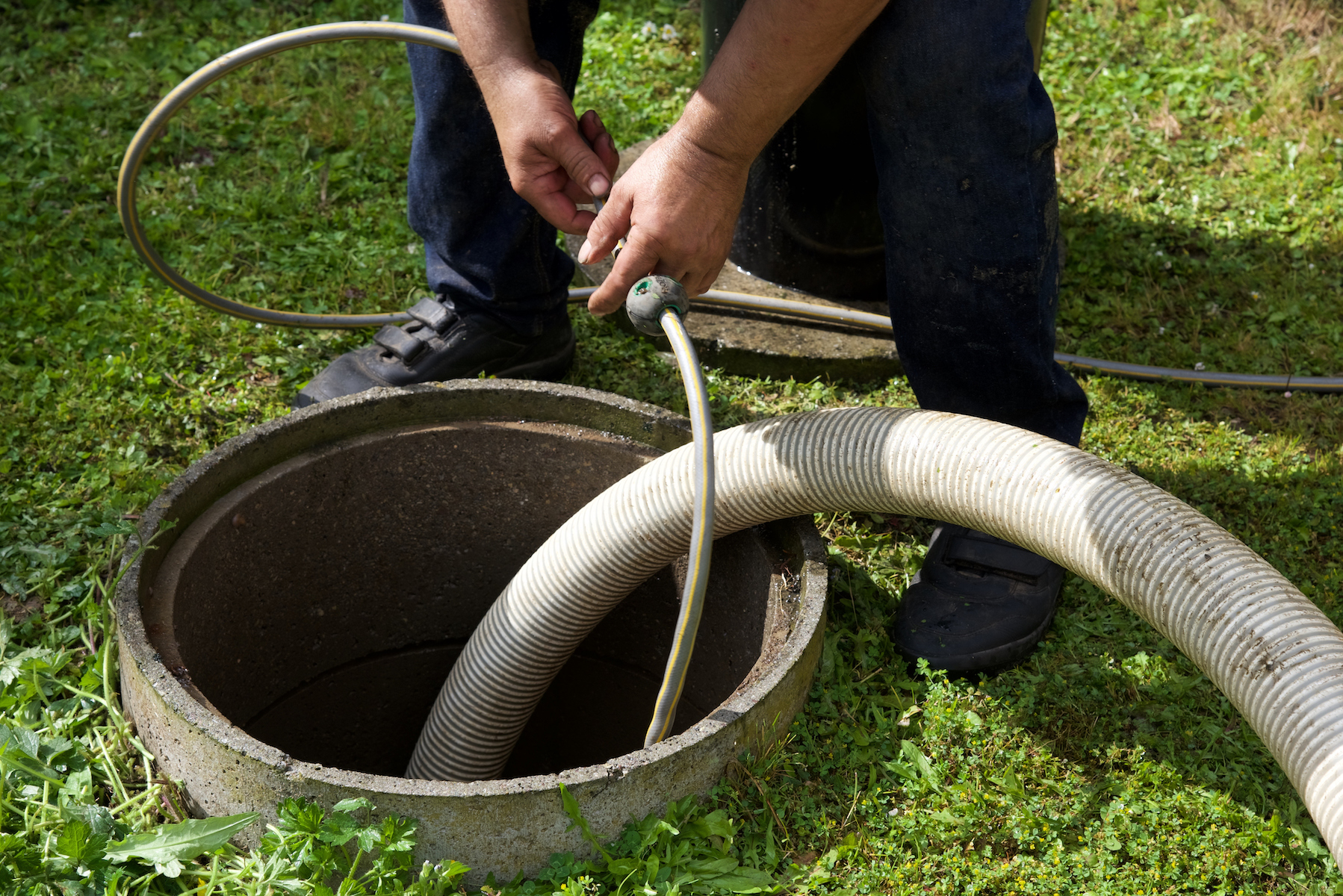 Even with regular maintenance, it's always a good idea to schedule a professional drain cleaning every 6-12 months. This will ensure that any buildup or potential clogs are removed before they become a bigger issue. A professional plumber can also inspect your pipes for any damage or potential problems.
By following these
simple
tips
, you can keep your kitchen sink
clog-free
and prevent any potential plumbing issues in the future. Remember to
regularly
clean your sink, use a drain strainer, be mindful of what you put down the disposal, use a plunger when needed, and schedule professional drain cleaning to keep your sink and pipes in top working condition.
Even with regular maintenance, it's always a good idea to schedule a professional drain cleaning every 6-12 months. This will ensure that any buildup or potential clogs are removed before they become a bigger issue. A professional plumber can also inspect your pipes for any damage or potential problems.
By following these
simple
tips
, you can keep your kitchen sink
clog-free
and prevent any potential plumbing issues in the future. Remember to
regularly
clean your sink, use a drain strainer, be mindful of what you put down the disposal, use a plunger when needed, and schedule professional drain cleaning to keep your sink and pipes in top working condition.

